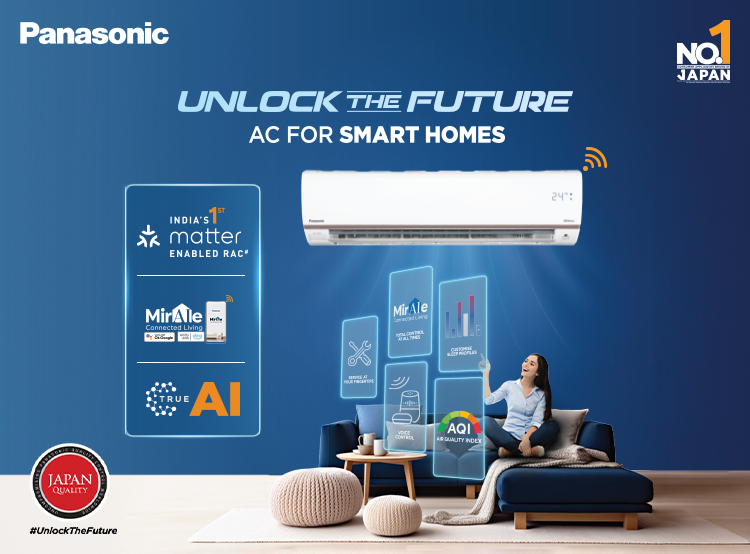Here’s a deeper dive into why HVAC design is crucial:
1. Comfort and Health:
- Maintaining Temperature Control: A well-designed HVAC system ensures consistent and comfortable temperatures year-round, enhancing occupant well-being and productivity.
- Optimum Air Quality: Proper ventilation removes pollutants, controls humidity, and supplies fresh air, preventing respiratory issues and promoting a healthy indoor environment.
2. Energy Efficiency:
- Reduced Operating Costs: A well-designed system considers factors like building usage, insulation levels, and climate to select the most efficient equipment and minimize energy consumption. This translates to significant cost savings on utility bills.
- Sustainable Practices: Modern HVAC design prioritizes energy-efficient technologies like variable speed drives, heat pumps, and geothermal systems, minimizing environmental impact.
3. System Optimization and Longevity:
- Matching System Capacity to Needs: Improperly sized systems can lead to discomfort, inefficiency, and increased wear and tear. Accurate load calculations during the design phase ensure the chosen system perfectly matches the building’s requirements.
- Equipment Selection for Efficiency and Maintenance: Selecting the right equipment not only optimizes performance but also considers factors like ease of maintenance and accessibility, reducing long-term service costs.
4. Avoiding Costly Retrofits:
- Future-Proofing for Expansion or Changes: A well-designed system considers potential future modifications to the building or its usage. This flexibility can prevent costly retrofits down the line.
- Integration with Building Automation: Modern designs often incorporate smart controls that integrate with building automation systems, allowing for remote monitoring and optimization of energy usage.
Consequences of Poor Design:
- Discomfort and Health Issues: Improper temperature control or inadequate ventilation can lead to discomfort, respiratory problems, and decreased productivity.
- High Operating Costs: Oversized or inefficient systems consume excessive energy, resulting in high utility bills.
- Frequent System Breakdowns: Improperly selected or designed equipment can malfunction more frequently, incurring repair costs and downtime.
- Poor Indoor Air Quality: Inadequate ventilation can lead to the buildup of pollutants and allergens, impacting occupant health.
In conclusion, HVAC design plays a critical role in creating a comfortable, healthy, energy-efficient, and cost-effective environment within a building. A well-designed system ensures optimal performance, minimizes operational costs, and contributes to a sustainable future.
Looking to install a commercial HVAC System or Duct work in your Business Area?
Contact Vipul Ac to learn about our HVAC Service
Call +91 9825636606 Today.


